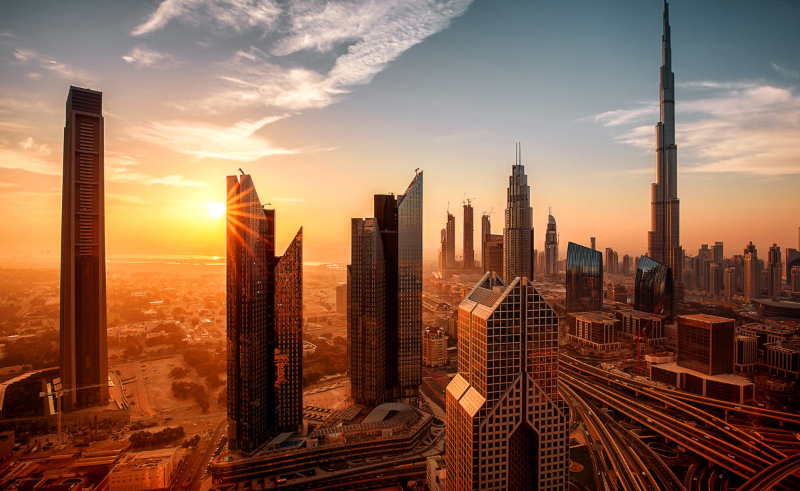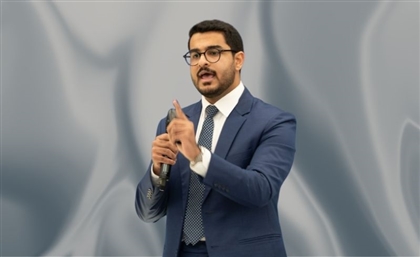UAE, Bahrain & Qatar Rank Top of Arab Region in World Bank’s 2020 Human Capital Index
The World Bank’s Human Capital Index highlights how current health and education outcomes shape the productivity of the next generation of workers.

With healthcare and education being two of the most impacted areas of our lives amid the global pandemic, the policy decisions made today will reverberate long into the future. Even pre-Coronavirus, the World Bank has been undertaking an annual study of contemporary health and education indices across the world, in a bid to measure the human capital that a child born today can expect by the time they enter the workforce (or their 18th birthday, to be precise).
This year’s Human Capital Index is perhaps the most anticipated since the inaugural edition in 2018, as it seeks to predict the productivity of the next generation of workers in every country, based on a wealth of indicators surrounding human capital. “Over the past decade, many countries have made important progress in improving human capital. Today, however, the COVID-19 pandemic threatens to reverse many of those gains. Urgent action is needed to protect hard-won advances in human capital, particularly among the poor vulnerable. Designing the needed interventions, targeting them to achieve the highest effectiveness, and navigating difficult trade-offs in times of reduced fiscal space, makes investing in better measurement of human capital more important than ever,” explains the report.
“Human capital consists of the knowledge, skills, and health that people accumulate over their lives. People’s health and education have undeniable intrinsic value, and human capital also enables people to realize their potential as productive members of society. More human capital is associated with higher earnings for people, higher income for countries, and stronger cohesion in societies. It is a central driver of sustainable growth and poverty reduction.”
In the MENA region, the GCC countries lead the rankings. Unsurprisingly, the UAE ranks first for the Arab world (and 44th globally), followed by Bahrain (47th globally) and Qatar (50th globally).
“To protect and extend earlier human-capital gains, policymakers need to expand health service coverage and quality among marginalized communities, boost learning outcomes together with school enrollments, and support vulnerable families with social protection measures adapted to the scale of the COVID-19 crisis… COVID-19 has underscored the shared vulnerability and common responsibility that today link all nations. Fully realizing the creative promise embodied in each child has never been more important."






















